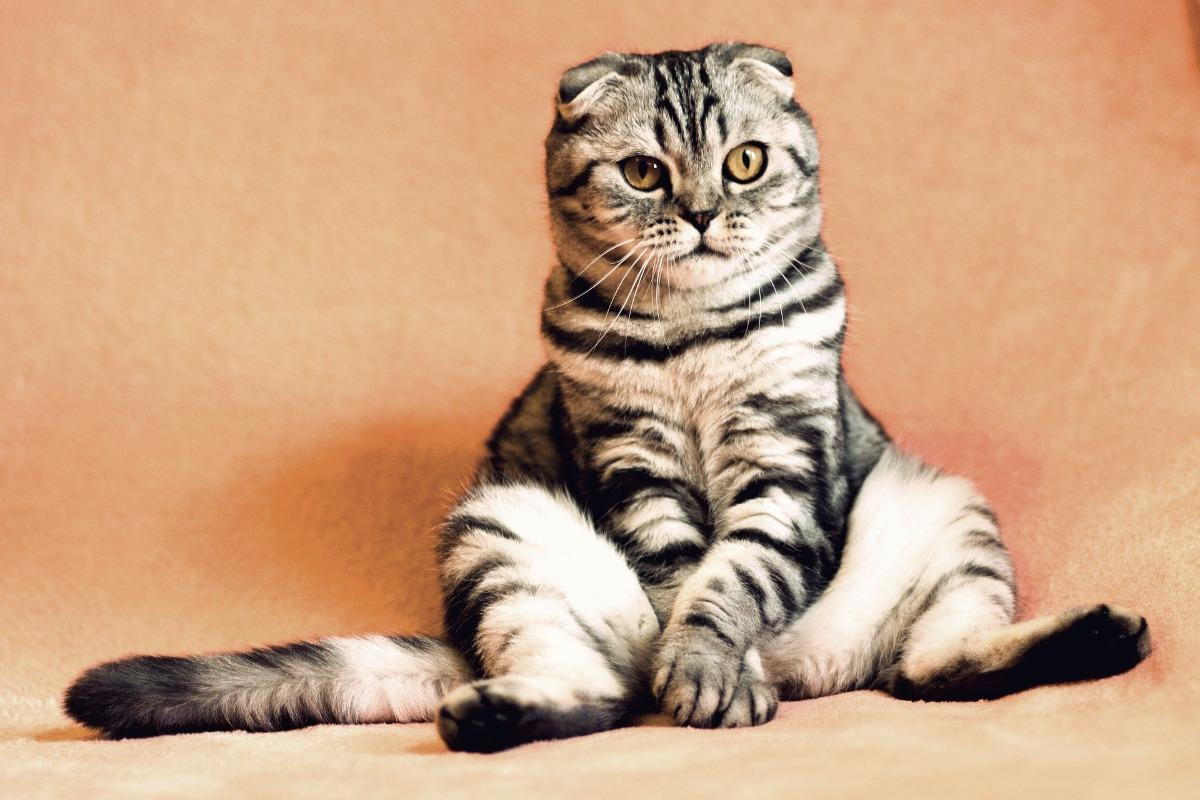
- posted: Jun. 30, 2023
If you have ever tried to shed some extra pounds or implement a new diet you may be familiar with how difficult it can be to stay motivated and maintain those goals you set, no matter how badly you may want to.
You can give your pet the best chance of staying on track, as the owner, by maintaining a positive attitude and sticking with the goals you set. Your pets overall health is worth it.
In this article we discuss several components of weight management to guide you in developing an ideal plan for your pet based on their needs.
Consider Their Age
Not all pets put on weight for the same reasons and one of the contributing factors to consider in your weight loss plan should be the age of your pet.
Older pets may have different dietary needs and health conditions to consider and if the weight gain has taken place slowly over a longer period of time then you should work on losing the weight at slower pace, by decreasing calories in intervals and increasing exercise slowly.
Monitor Their Level of Activity
Think about your pet’s typical activity level. Where do they get their exercise? How much time do they spend in an active state? Do they play outside or have other pets they socialize with?
Once you have established a current baseline you can begin to evaluate areas where you can make changes. Should one walk a day be increased to two? Are there more opportunities for your pet to engage in play activities, whether it is indoors or outdoors?
A good goal is to aim for anywhere between 20 minutes to an hour of exercise a day and this will depend on your dogs breed, age, and the goals of your weight loss or weight management plan.
Start With Food
For dogs and cats the majority of weight problems can be attributed to their diet. Through proper diet and adequate exercise a healthy weight can be easily achieved.
Not all food is created equally and as the most important factor in ensuring your pet’s health all pet owners should pay close attention to the foods they choose. Focus on healthy ingredients, monitoring daily caloric intake, and looking for signs of allergies.
When considering ingredients, look for whole foods that are high in protein and lower in carbohydrate fillers, many of the pet foods on the market contain a large portion of carbs and lack substantial dietary fiber and quality protein sources.
Check Your Feeding Routine
Are you the only person in charge of feeding your pet? If not, make sure that your pet is not being overfed by sticking to a feeding schedule and keeping track of when feeding takes place.
Some pets do well with self-feeding systems and on demand feeding routines, while others do not. If on demand feeding is causing your pet to gain unnecessary weight, you may have to change to a stricter meal time regimen.
You should always try and measure the exact amount of food you’re feeding your pet to ensure that you are meeting the recommended caloric intake that is based on achieving your pet’s goal weight. That can include factors you should discuss with your veterinarian; such as weight, age, activity level, and metabolic energy requirements.
Give Healthy Snacks and Treats
Much like us, pets love snacks and treats. If you are working on managing weight gain however, it is important to factor in treats as part of their daily food intake.
From rawhide chews, training treats, and even sharing table food (we know you do it sometimes); pay attention to the quality and quantity of each serving.
When it comes to quality treats, just like your pets food, ingredients matter. Choosing high carb treats can weigh your pet down, literally, and undo all the hard work you have already done to create a balanced diet.
Don’t forget you can feed your pet certain fruits and veggies like carrots, broccoli, and even blueberries as treats.
How often you give in to snack time can easily add up. Make sure that if you do give treats as a reward for good behavior you limit it to an amount that doesn’t account for a high percentage of their daily intake.
When Should You Consult Your Veterinarian?
If you have been struggling with managing your pet’s weight for an extended period of time and doing a good job of maintaining a healthy diet and enough exercise, it is very important to consult a veterinarian to rule out other health problems that could be playing a role.
Your vet is also a great source of information and can help you recommend a diet or build a solid plan to address your individual pet’s needs.
